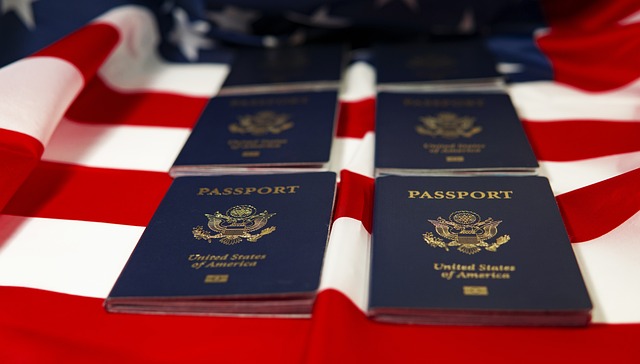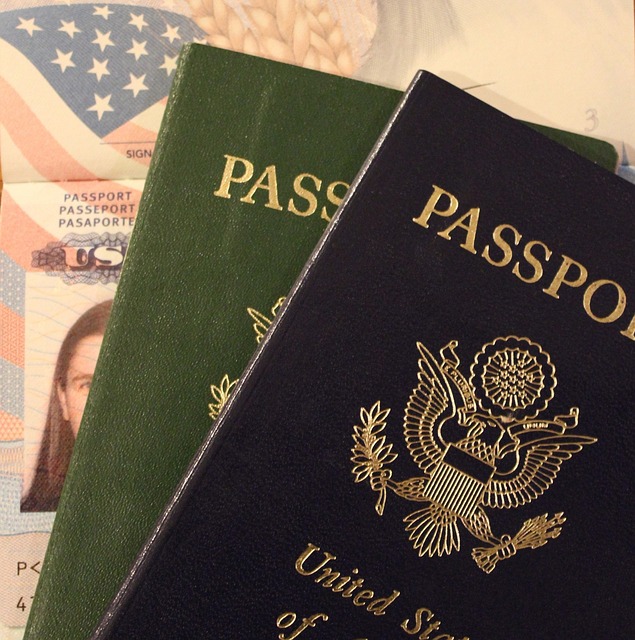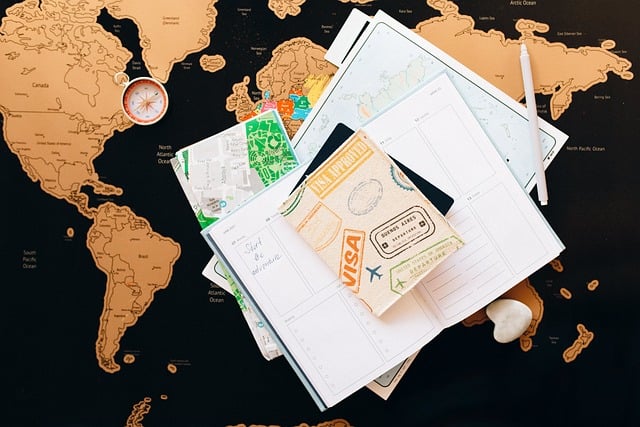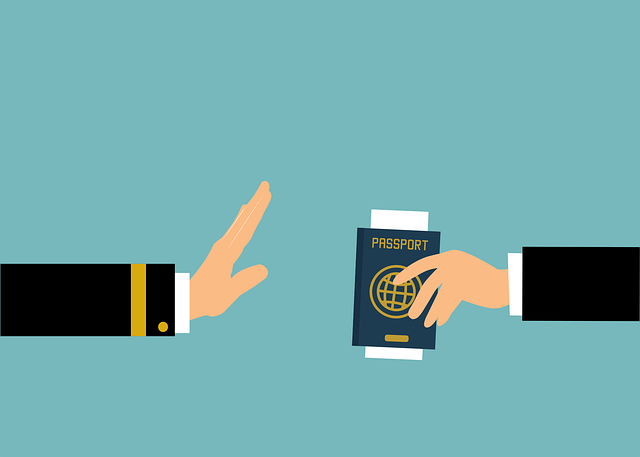Dutch Citizenship for EU and Non-EU Citizens: A Comprehensive Guide
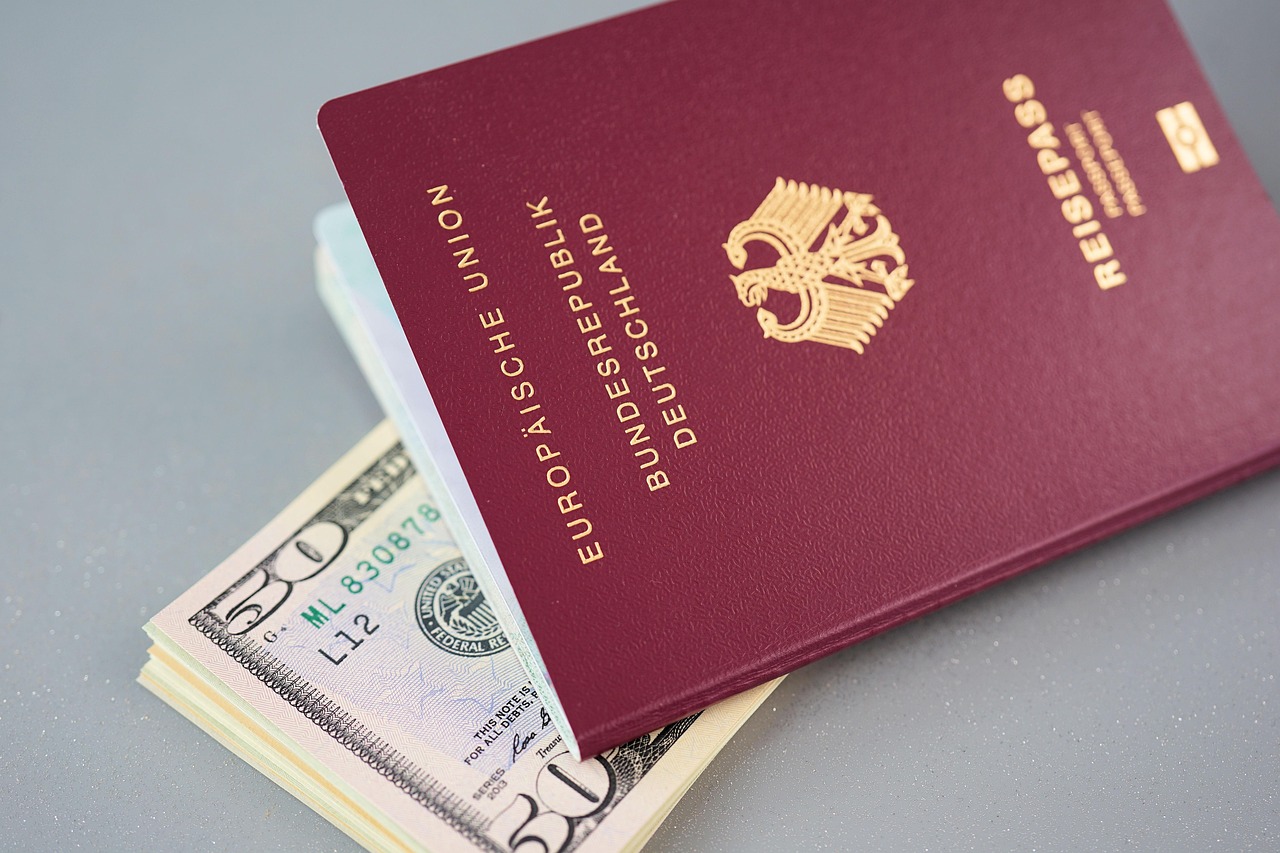
Acquiring Dutch citizenship is a significant milestone for expats who have made the Netherlands their home. Whether you’re an EU citizen or from outside the EU, the process of becoming a Dutch citizen involves meeting specific requirements and following a structured application process. This guide provides an overview of the pathways to Dutch citizenship, eligibility criteria, and the steps involved for both EU and non-EU citizens.
Benefits of Dutch Citizenship
- Right to Live and Work: Dutch citizenship grants you the right to live and work in the Netherlands indefinitely.
- Voting Rights: You can participate in Dutch national and local elections.
- Travel Freedom: A Dutch passport allows visa-free or visa-on-arrival access to many countries worldwide.
- Social Benefits: Access to social security, healthcare, and other public services.
- Dual Citizenship: The Netherlands allows dual citizenship under certain conditions.
Pathways to Dutch Citizenship
There are two main pathways to Dutch citizenship:
- Naturalization: The most common route for long-term residents.
- Option Procedure: A simplified process available to specific groups, such as spouses of Dutch citizens or individuals who have lived in the Netherlands for a long time.
Naturalization
Eligibility Criteria
To apply for Dutch citizenship through naturalization, you must meet the following requirements:
- Residence Permit: You must have a valid residence permit that allows you to stay in the Netherlands indefinitely (e.g., a permanent residence permit).
- Continuous Residence: You must have lived in the Netherlands continuously for at least five years (or three years if married to a Dutch citizen).
- Integration: You must pass the civic integration exam (inburgeringsexamen), which tests your knowledge of Dutch language, culture, and society.
- Renunciation of Previous Nationality: In most cases, you must renounce your current nationality, unless you qualify for an exemption (e.g., if renunciation is not possible or would cause significant financial or personal hardship).
- No Criminal Record: You must not have a criminal record that poses a threat to public order or national security.
- Declaration of Solidarity: You must sign a declaration of solidarity, affirming your commitment to Dutch values and laws.
Application Process
- Prepare Documents: Gather required documents, such as your passport, residence permit, birth certificate, and proof of integration.
- Submit Application: Submit your application to your local municipality (gemeente). The municipality will forward it to the Immigration and Naturalisation Service (IND).
- Pay Fees: Pay the application fee (€925 in 2023 for adults; €126 for minors).
- Wait for Decision: The IND will process your application, which typically takes up to one year.
- Citizenship Ceremony: If approved, you will attend a citizenship ceremony, where you will take an oath of allegiance and receive your naturalization certificate.
Option Procedure
Eligibility Criteria
The option procedure is a simplified route to Dutch citizenship available to specific groups, including:
- Spouses/Partners of Dutch Citizens: If you have been married to or in a registered partnership with a Dutch citizen for at least three years and have lived in the Netherlands continuously for 15 years (or 10 years if you arrived before the age of 18).
- Long-Term Residents: If you have lived in the Netherlands continuously for 15 years (or 10 years if you arrived before the age of 18).
- Former Dutch Citizens: If you previously held Dutch citizenship and wish to regain it.
- Minors Born in the Netherlands: If you were born in the Netherlands and have lived there continuously since birth.
Application Process
- Prepare Documents: Gather required documents, such as your passport, residence permit, and proof of eligibility (e.g., marriage certificate or birth certificate).
- Submit Application: Submit your application to your local municipality.
- Pay Fees: Pay the application fee (€201 in 2023 for adults; €26 for minors).
- Wait for Decision: The IND will process your application, which typically takes up to three months.
- Citizenship Ceremony: If approved, you will attend a citizenship ceremony.
Dual Citizenship
The Netherlands generally requires individuals to renounce their previous nationality when acquiring Dutch citizenship. However, there are exceptions, including:
- Marriage or Registered Partnership: If you are married to or in a registered partnership with a Dutch citizen.
- Birth: If you were born to a Dutch parent.
- Asylum or Refugee Status: If you hold asylum or refugee status.
- Renunciation Not Possible: If renouncing your current nationality is not possible or would cause significant financial or personal hardship.
Key Considerations
- Language Proficiency: You must demonstrate proficiency in Dutch by passing the civic integration exam.
- Residence Requirements: Ensure you meet the continuous residence requirement without significant gaps.
- Legal Advice: Consider consulting an immigration lawyer or advisor to navigate the application process and understand your rights.
- Timing: Start the application process well in advance, as it can take several months or even years to complete.
Tips for a Successful Application
- Prepare Early: Begin gathering documents and preparing for the civic integration exam as soon as possible.
- Stay Informed: Keep up-to-date with changes in citizenship laws and requirements.
- Seek Support: Join expat communities or forums to share experiences and get advice from others who have gone through the process.
- Practice Dutch: Improve your Dutch language skills through classes, language exchange programs, or self-study.
